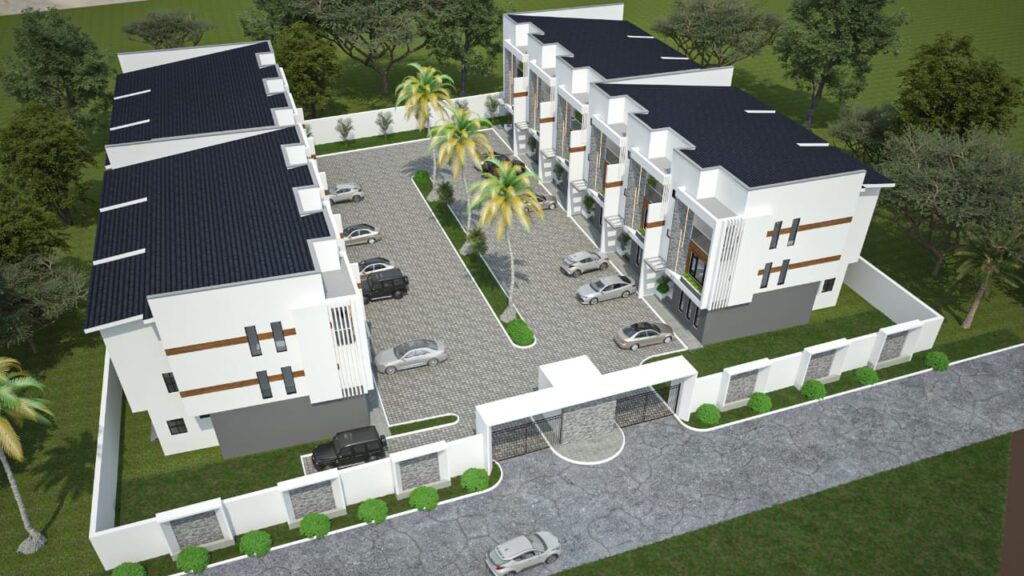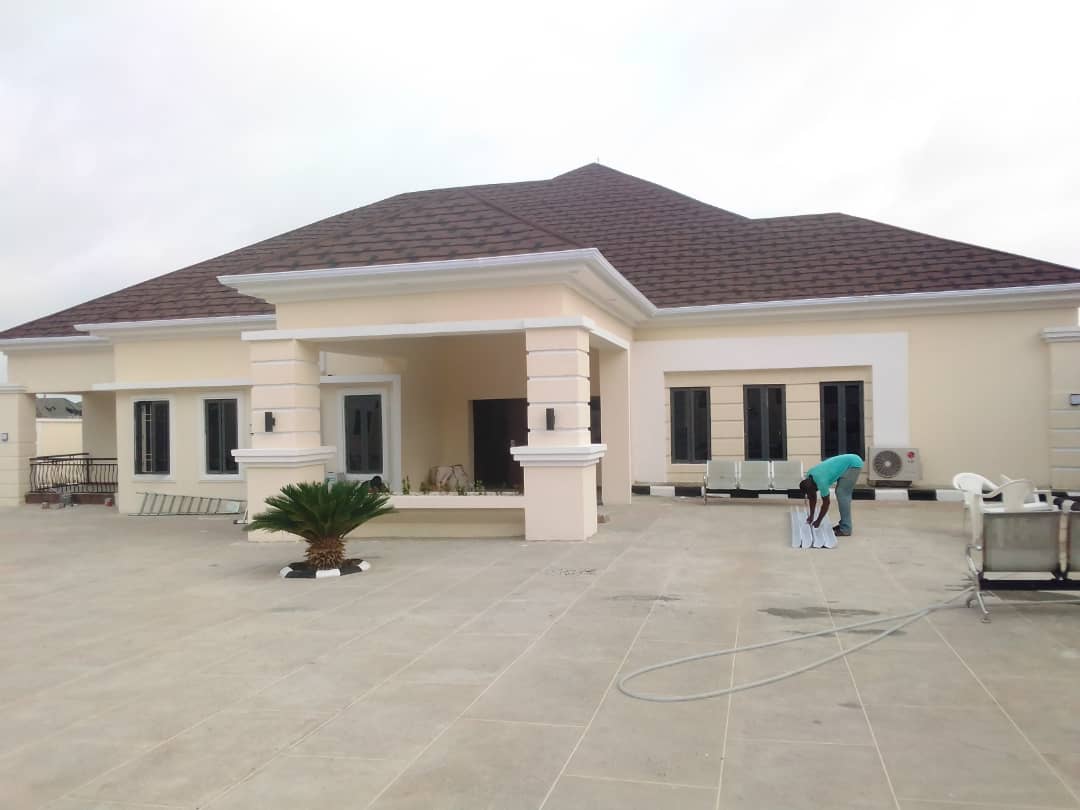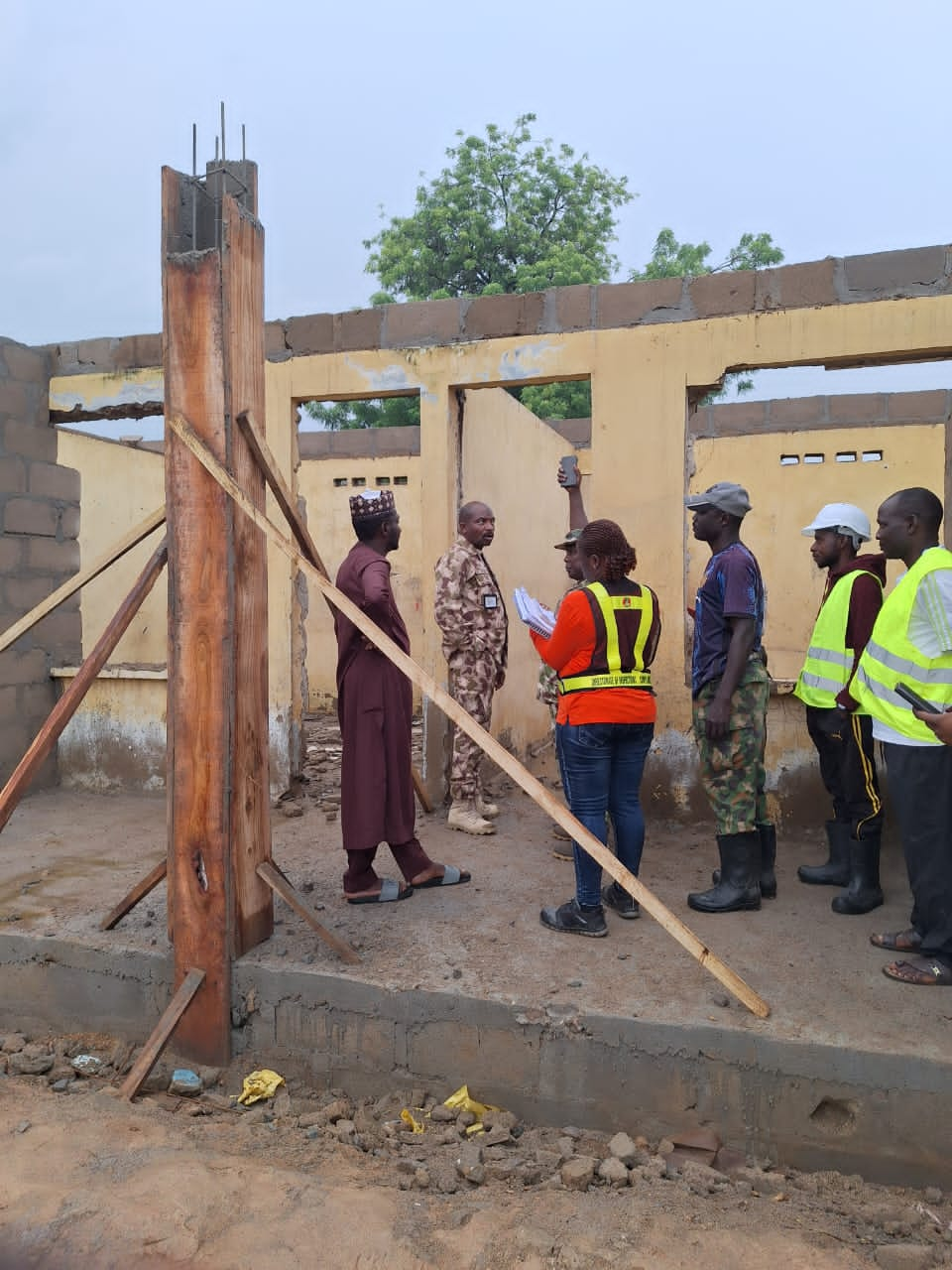The Role of the Government in Real Estate in Nigeria

Introduction
The real estate sector plays a crucial role in driving economic growth, employment, and social development. In Nigeria, where the population exceeds 220 million and urbanization continues at a rapid pace, real estate represents both a challenge and an opportunity. The government plays a central role in shaping the direction, performance, and sustainability of this sector through policies, regulations, and direct interventions. Effective government involvement ensures not only the provision of housing but also the creation of sustainable cities and a stable investment environment.


1. Policy Formulation and Regulation
One of the most significant roles of the Nigerian government in real estate is policy formulation and regulation. The government, through ministries such as the Federal Ministry of Housing and Urban Development, sets national housing policies aimed at promoting affordable housing, improving infrastructure, and encouraging private sector participation.
Legislations such as the Land Use Act of 1978, which vested all land in each state under the control of the governor, form the backbone of land administration in Nigeria. While the Act was designed to simplify land acquisition and prevent land speculation, it has also created challenges related to bureaucracy and access to land for development. The government’s ongoing efforts to review this Act demonstrate its role in balancing land ownership rights with development needs.
2. Provision of Infrastructure
Real estate development cannot thrive without supportive infrastructure. The government plays a direct role in providing roads, power, water supply, and waste management systems that make real estate projects viable. In major urban centers such as Lagos, Abuja, and Port Harcourt, government investment in infrastructure has significantly boosted real estate growth.
For example, the construction of the Lekki–Epe Expressway and the Abuja–Kaduna highway has opened up new corridors for residential and commercial development. Through agencies like the Federal Housing Authority (FHA) and the Federal Mortgage Bank of Nigeria (FMBN), the government also partners with private developers to deliver housing estates with essential infrastructure.
3. Financing and Mortgage Support
Access to affordable financing remains one of the biggest barriers in the Nigerian real estate sector. The government intervenes by providing mortgage facilities and financial frameworks that make housing more accessible.
The National Housing Fund (NHF), established in 1992, is one of the key instruments for long-term housing finance. It enables Nigerian workers to contribute a portion of their income toward a fund that offers low-interest housing loans. Similarly, the Federal Mortgage Bank of Nigeria plays a major role in refinancing mortgages and supporting cooperative housing schemes.
Although challenges remain — such as limited capital, high interest rates, and bureaucratic delays — government-led financial mechanisms are essential to expanding home ownership among middle- and low-income earners.
4. Urban Planning and Regulation of Building Standards
Another critical area of government involvement is urban planning and building regulation. State and local governments are responsible for issuing building permits, enforcing zoning laws, and ensuring compliance with environmental standards. Agencies such as the Nigerian Building and Road Research Institute (NBRRI) and the Council of Registered Builders of Nigeria (CORBON) help promote safe, standardized, and sustainable construction practices.
In recent years, the government has emphasized smart city planning and sustainable urban development to address issues of overcrowding, slum expansion, and inadequate infrastructure. By integrating environmental policies and urban renewal programs, the government seeks to create more livable and efficient urban environments.
5. Encouraging Private Sector Participation
Recognizing that public resources alone cannot bridge Nigeria’s housing deficit (estimated at over 20 million units), the government increasingly promotes public–private partnerships (PPPs) in real estate development. These partnerships leverage private capital, innovation, and technical expertise to deliver affordable housing and urban infrastructure.
Examples include collaborations between state governments and private developers in projects such as the Lagos State Affordable Housing Scheme and the Abuja Mass Housing Projects. Through tax incentives, land grants, and regulatory support, the government continues to attract domestic and foreign investment into the sector.
6. Addressing Housing Deficits and Social Inclusion
Beyond economic growth, the government’s role extends to social responsibility — ensuring that all Nigerians have access to decent and affordable shelter. Programs like the National Social Housing Programme (NSHP) under the Economic Sustainability Plan aim to construct hundreds of thousands of low-cost housing units nationwide. These initiatives also stimulate job creation and economic activity in the construction industry.

Conclusion
The Nigerian government’s role in real estate is both strategic and multifaceted — encompassing policy-making, infrastructure provision, financing, regulation, and social housing. While the private sector drives much of the physical development, the government provides the framework, resources, and oversight that sustain the industry.
To fully unlock the potential of real estate as a catalyst for economic growth, the government must continue to reform land administration, expand mortgage accessibility, and foster partnerships that promote innovation and sustainability. When effectively coordinated, government action can transform Nigeria’s real estate landscape — turning the right to shelter into a reality for millions, and creating cities that are inclusive, resilient, and built for the future.

















Comments are closed